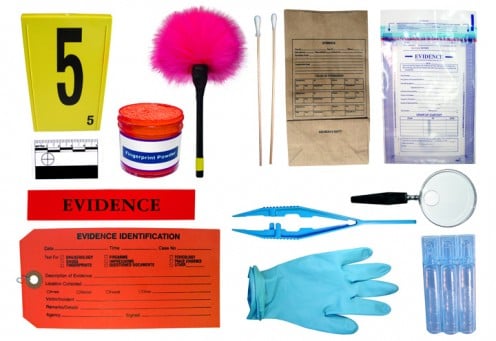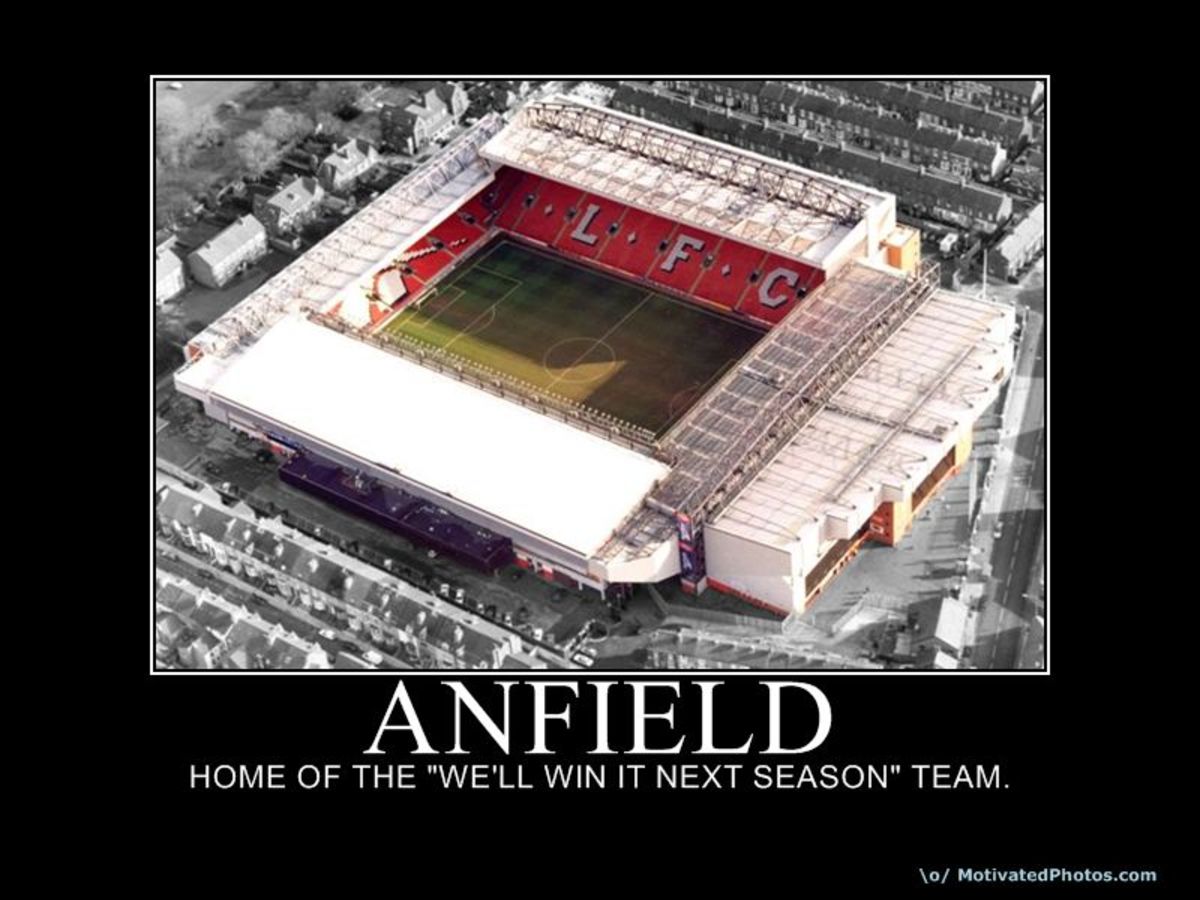How to Seriously Edit Your Writing
Maybe you’re lucky and you can write error free text the first time around, but for the rest of us, editing is a very real, and often times annoying, step of the writing process. Contrary to what you might also be thinking; editing is a lot more than correcting spelling mistakes. Inside you will find a number of different areas you’ll want to focus on when you decide to perform major surgery on your writing and make it as beautiful as it can be.

Re-read Your Work
As writers, we create a wide variety of stories. Some of them we love, some of them we hate, but if you’re ever going to create a truly good story, you’re going to have to edit, no matter how good or bad you think it is. With a good story, you might think that you did it justice before and you don’t need to go back and beat a dead horse. With a bad story, you might think that it is beyond saving and not worth your time. However it is important to attempt to edit both, because both have the same potential to be great. I’ve seen dead stories resurrected and I’ve seen good stories made better with re-assessments.
The first step is to assess the damage, and the only way to do that is by re-reading your work. Don’t focus on anything until you’ve re-read it. Then you will be able to see the work as a whole and write down the sections that you felt were week or could be improved upon. I spend a considerable amount of time reading work that I’ve already written and while it can seem like a waste of time initially, it really helps to put in perspective how far you have come, and how you would solve a situation now versus then. This is why I highly recommend re-reading what you think is your best work. I’ve had sequences in stories I’ve written that I thought were absolutely great. I would go back and read them again and again. It took a while, but as time went by, I started noticing more and more mistakes until I looked at it and thought “I could do this way better if I wrote it now”.
With bad stories, it is important to go back and read them because there is a reason you wrote it in the first place. There has to be some good nugget of story in there somewhere that spurred you to write it. Maybe you had a good plot but no characters. Going back might give you an idea for a character or a setting that would add structure to the piece and get it off the ground. Never delete anything that you write because some of the best idea-flowers have sprung up from heaps of garbage.
Another method is to read it aloud to yourself (or, if possible, get someone else to read it to you). It is amazing how different your story sounds when it’s read aloud. You’ll find yourself giddy when something sounds good and confused when you, or the reader, stumbles over something. It gives you another fresh perspective on the work that is essential for refining the story.
Assessing the Work over Time
Let’s face it; no matter how much we like something we’ve written, it’s very easy to get sick of it after re-reading it and editing. For this reason, it is essential that you set the piece aside for a while to cool off. Maybe you’re on a deadline and you feel you can’t set it aside, but I guarantee that when you come back later, you will be able to do considerably more good for the story than if you tried to jam all the edits in at once. The amount of time between edits varies from person to person. If you have the luxury of unlimited time, I would suggest something close to six months, but if you’re really strapped, one month can sometimes be sufficient. The idea is to engross yourself in something else so that you forget about the other story entirely and come back with a fresh mind.
Getting Peers to Read and Critique Your Work
This can be a difficult area for some writers. If you’re in school, you could take writing classes and use your story there to get critiques, but if you’re not, you’re limited to friends and family. This is a sticky situation because not everybody has a published uncle with a lot of time on his hands to read stories. However non-writers can also be helpful with your story. They can read it like they would a story in a magazine or book and give you a straight up ‘I liked it’ or ‘I didn’t like it’ (assuming that they aren’t sugar coating everything to spare your feelings).
Some other options available to you are joining a local writing/reading group or going online to find writing message boards. These can be great resources, though I’ll admit that there is a fear that someone is going to steal your wonderful ideas. While I believe this fear is largely exaggerated, it does have an element of truth to it. I’ve been told that all great writers steal and it is true. You would be hard pressed to read something and not be able to compare it to some other piece of writing that was similar. As writers we tend to mimic the kinds of stories that we like. It isn’t a bad thing because, by the time we adapt the story to our own ideas, it becomes something in and of itself. So, whether you fear criticism or not, you still need it, otherwise you can never truly edit your story.
Which leads me to my next suggestion; don’t get discouraged if someone gives you a lot of edits. I know; we all love praise, but praise just gives us a warm fuzzy feeling that can’t be slathered on the manuscript in hopes of getting it published. In fact, if your reader is giving you a lot of edits, it is usually an indication that they were paying attention when they were reading, which is exactly what you wanted. If they gave you no edits there is a chance they just got bored with it and flipped the pages. I won’t deny that it is hard to receive that initial criticism, but just give it a day or so and you’ll find your mind already coming up with better ideas for the story with a renewed excitement to write again.

Compiling All of Your Edits and Sitting Down
It is impossible for me to tell you how to integrate your edits into the story because each edit is unique. If you wrote a sentence like “The rain poured down on the couple like a shower of liquid crystals” and someone told you that it was too long and wordy; it is up to you, as the author, to find the balance between what you were trying to say and what the reader wanted to hear. Obviously you don’t want to incorporate all of the edits they gave you because, often times, their suggestions will act in opposition to your writing style or to a story element.
For this reason it is a good idea to compile all of your notes and edits before you sit down to fix the story. First, just read through all of the edits. Get them in your mind so that if you go off on a writing tangent, these suggestions will be there and they will be woven into the new parts of the story rather than tacked on. It won’t always happen this way, but knowing your edits makes them easier to integrate.
For the other edits try to create a sort of checklist for yourself. For example, print out page one of your story, including all the notes and edits you received, then set it next to you on the desk or table. Once you’ve gone through all of the suggestions on page one, and either used them or discarded them, check off page one as being finished. With this method, you can keep track of your progress and set goals that can be reasonably obtained. After a while you’ll realize you got through all of the edits alive.
Building and Maintaining Your Writing Voice
This is a very important area to remember because there is a difference between a writer’s voice and bad writing. For my example I’m going to refer to Sherman Alexie, a wonderful writer that has a distinct style of writing. He tends to talk conversationally with the reader, using asides and realistic dialogue for his characters. It works exceptionally well. However, it works because he knows the craft of writing and has made a conscious decision to write this way. You have to know the rules of writing before you can break them. With your writing voice, you need to be consistent. For example I’ve written two paragraphs below. One of them represents a consistent style, where the other is disjointed.
Paragraph 1
“I picked up my baseball cap and sniffed it. It was bad, real bad, like when your dog rubs his butt on the carpet bad. I thought about asking my mom to wash it, but the game was going to start in a few minutes and I was going to miss the bus. Don’t judge me, but I put on that stinky dog-butt hat and ran out the door in a cloud of funk.”
Paragraph 2
“I picked up my baseball cap and sniffed it. It smelled like the carpet after a dog ran its butt over it. I thought about asking my mom to wash it but the game was going to start in a few minutes and I was going to miss the bus. Omigod don’t judge me, but I ran out the door!”
There aren’t a huge amount of differences between these two paragraphs but with the first I was trying to keep a humorous and conversational tone throughout and in the second it began as more of a straight description and ended with a harsh address to the reader. If you were to see a quick change like this in a published story, it would rip you out of the narrative, which is the opposite of what we want. Sometimes this happens because you are reluctant to remove a part of the story you think is good, but it doesn’t match the new stuff you’ve written. Other times you just decided to write differently one day. But it is important to know your own writing style and write that way, rather than doing something wrong in the story and using style as an excuse for not changing it or making it better.
Re-read It Again
Yes, I’m serious, you need to read it again. I know you’re probably sick of it at this point, but it is important to read your story, as a whole, after you’ve integrated the edits and notes you received. The reason for this is because you probably worked on the story in sections and you’ve made a bunch of changes, both big and small. So now you want to make sure that the story still flows well. Is it still fun where you thought it was before? Does it still read at a similar pace? Did the edits fit in or do they stand out like a sore thumb? Think of this final step as smoothing out the lumps in the batter. It’s all together now; you just want it to be an even consistency.






